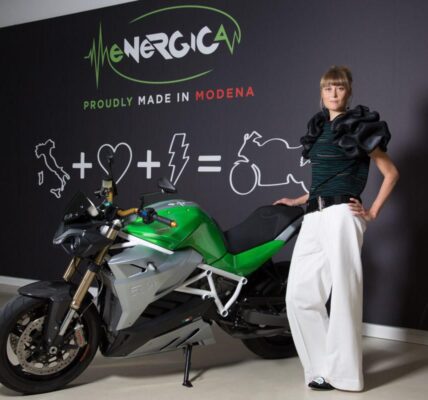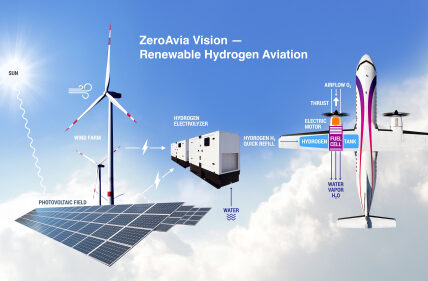Automakers from General Motors to Volvo Cars, alongside utilities and charging app operators are calculating their financial cut as EVs that allow their owners to sell power back to grids become a more realistic prospect. Bidirectional, or vehicle-to-grid (V2G), charging lets EV owners charge at overnight off-peak rates then sell power back to grids at a profit during peak hours. For short periods, a million EVs could provide as much power as a large nuclear power plant, says Nick Woolley, CEO of UK software firm ev.energy, which is working on V2G technology with Siemens, Nissan, Volkswagen and others.
For many years V2G remained largely theoretical, as the Nissan Leaf was the sole EV capable of it. That has begun to change with the help of smart electricity meters, artificial intelligence and modelling by innovative energy companies.
And most major automakers, including Tesla, BMW, Volkswagen, Renault and Toyota are expected to launch V2G capable models over the coming years. Chinese manufacturers, such as BYD have also developed the technology and, crucially, the Chinese government plans a big role for V2G by 2030. “There is a lot of money to be made,” Doron Frenkel, CEO of Driivz, said of balancing grids. “Everyone wants their own piece of this.” Driivz has access to millions of EVs via the white-label charging software it provides to automakers and others.
In the United States, bidirectional charging is experimental, while in major European market Germany regulatory hurdles around how to price any energy sold back into the grid mean it is a distant prospect. Bidirectional chargers are also more expensive than conventional ones because for now they are produced on a smaller scale. But in the UK, Octopus Energy has launched a V2G tariff for customers, offering free charging if owners keep their EVs plugged in overnight. Octopus plans a similar tariff this year in its other energy markets, including France, Japan, New Zealand and the U.S. state of Texas.
“This is a real thing,” Octopus’ global head of flexibility Alex Schoch said. “It’s no longer a theoretical, academic discussion.”







